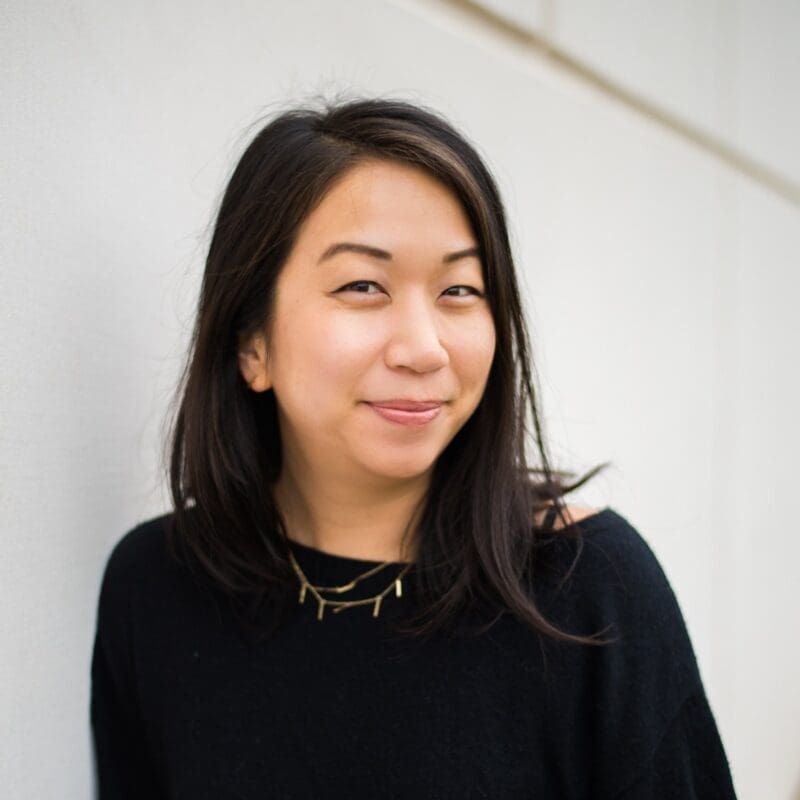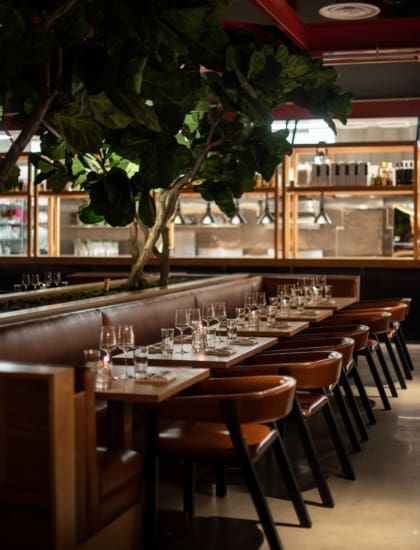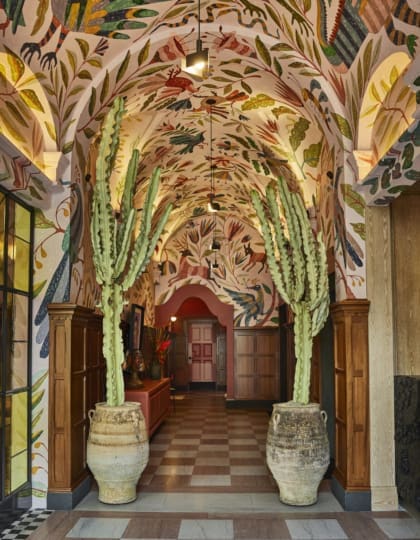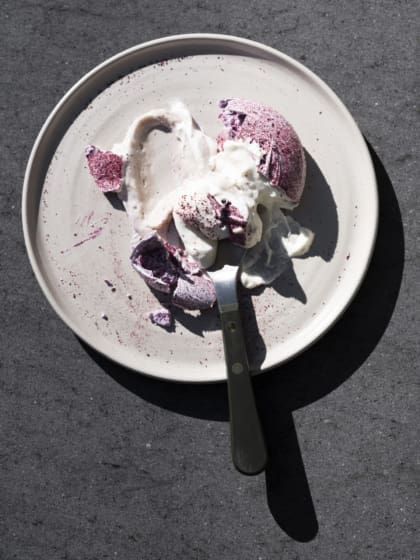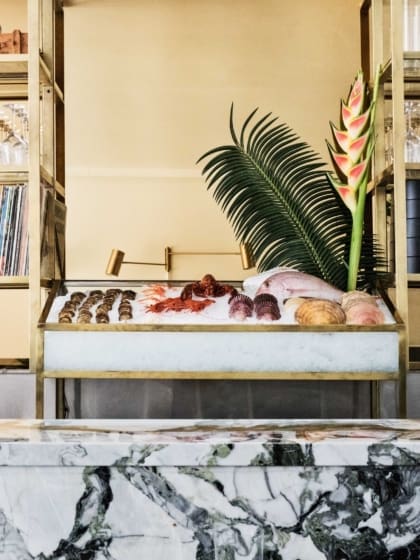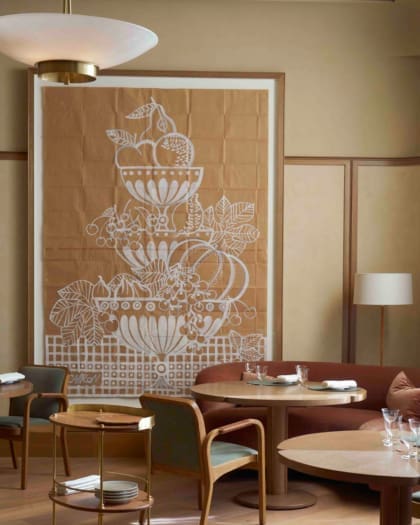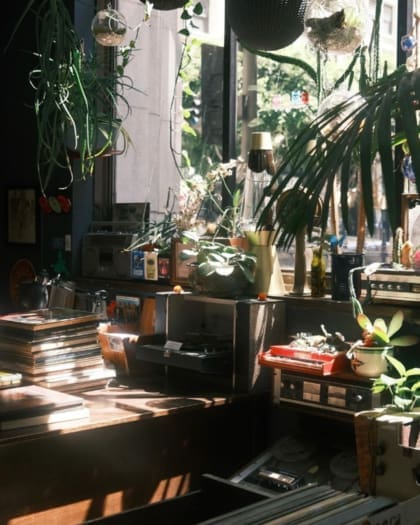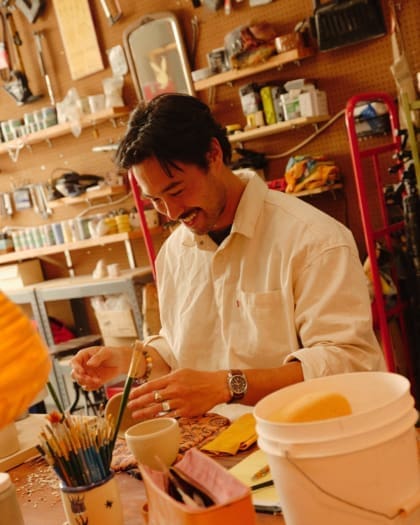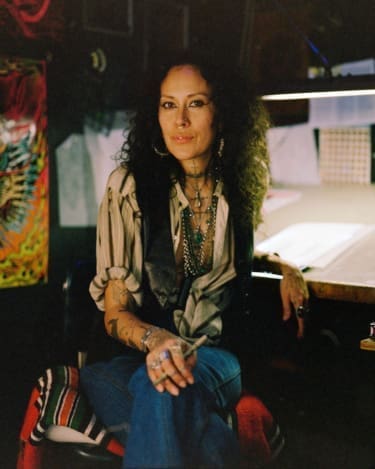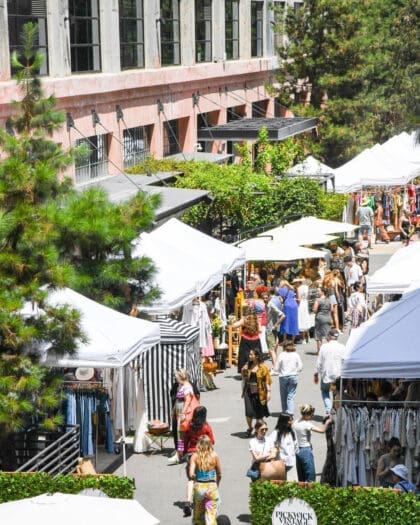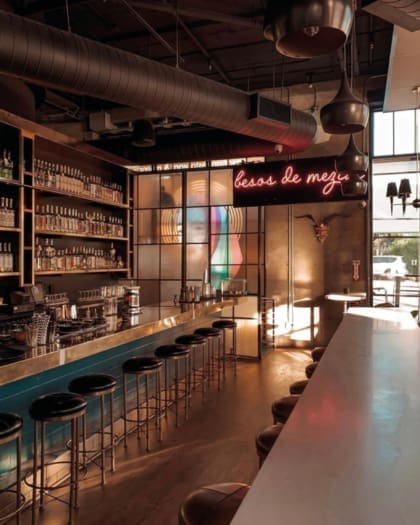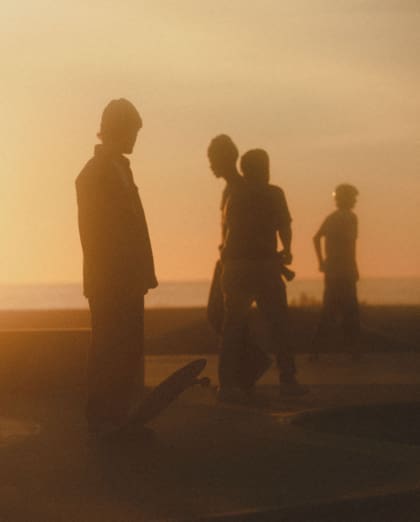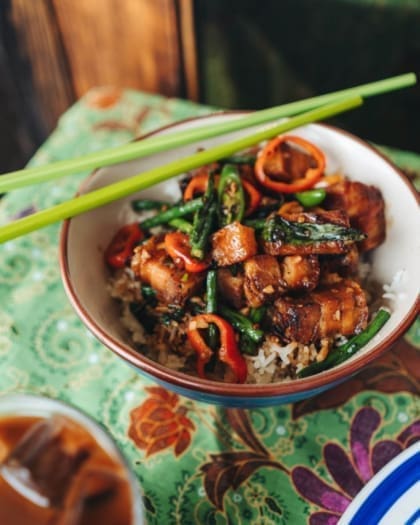
How LA’s celebrated Thai restaurants are reinventing tradition
Led by second and third-generation chefs, these leading Thai restaurants in Los Angeles combine family tradition with modern sensibilities to produce a creative, original Thai food scene
Los Angeles lays claim to the largest Thai diaspora in the US, and with it, a prolific number of Thai restaurants. Among these, you’ll find some of the most unique expressions of Thai cuisine from first and second-generation perspectives.
Thai restaurants and chefs in LA have basked in the spotlight in recent years: Sarintip “Jazz” Singsanong of Jitlada on Sunset Boulevard garnered recognition from the late Pulitzer Prize-winning LA food critic Jonathan Gold before becoming a finalist for the James Beard Award for Best Chef: West in 2022, and Anajak Thai’s Justin Pichetrungsi won the James Beard Award for Best Chef: West in 2023. But there is a deep, rich, and often overlooked history of Thai immigration to Los Angeles that began in the late 1960s, laying the groundwork for the cuisine to attain acceptance and integration into LA’s culinary fabric. Today, a select few second-generation chefs and restaurateurs are driving the Thai food scene forward in LA, drawing on local produce and the increased availability of imported ingredients from Thailand.
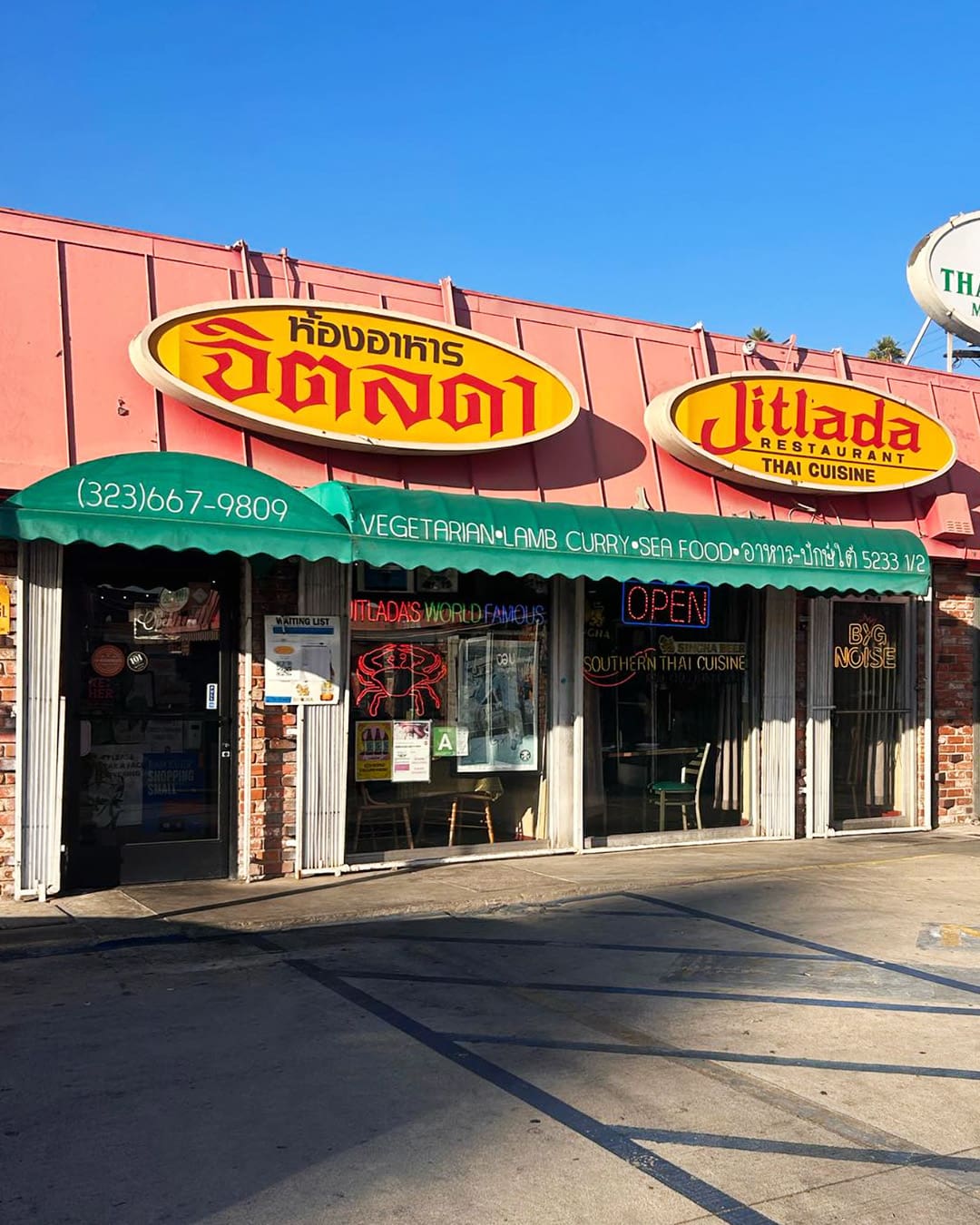
LA is home to the only officially recognised Thai town in the US: East Hollywood’s Thai Town. Viroj Watana, who is ethnically Chinese and was born in Rangsit near Bangkok, first moved into an apartment with three others in Los Angeles’s Thai Town in 1972 after hearing stories about the city as a child. He first worked as a valet, then bought a doughnut shop before buying a Chinese-Thai restaurant, Natalee Thai in Venice, which he purchased in 1988. He developed a menu of Northern Thai dishes buttressed with Chinese additions, reflective of his heritage and the more familiar Asian cuisine of the moment. It is now one of the many restaurants and properties in Mr. Watana’s portfolio, which has expanded to include a second Natalee Thai location in Beverly Hills, and popular House of Pies in Los Feliz.
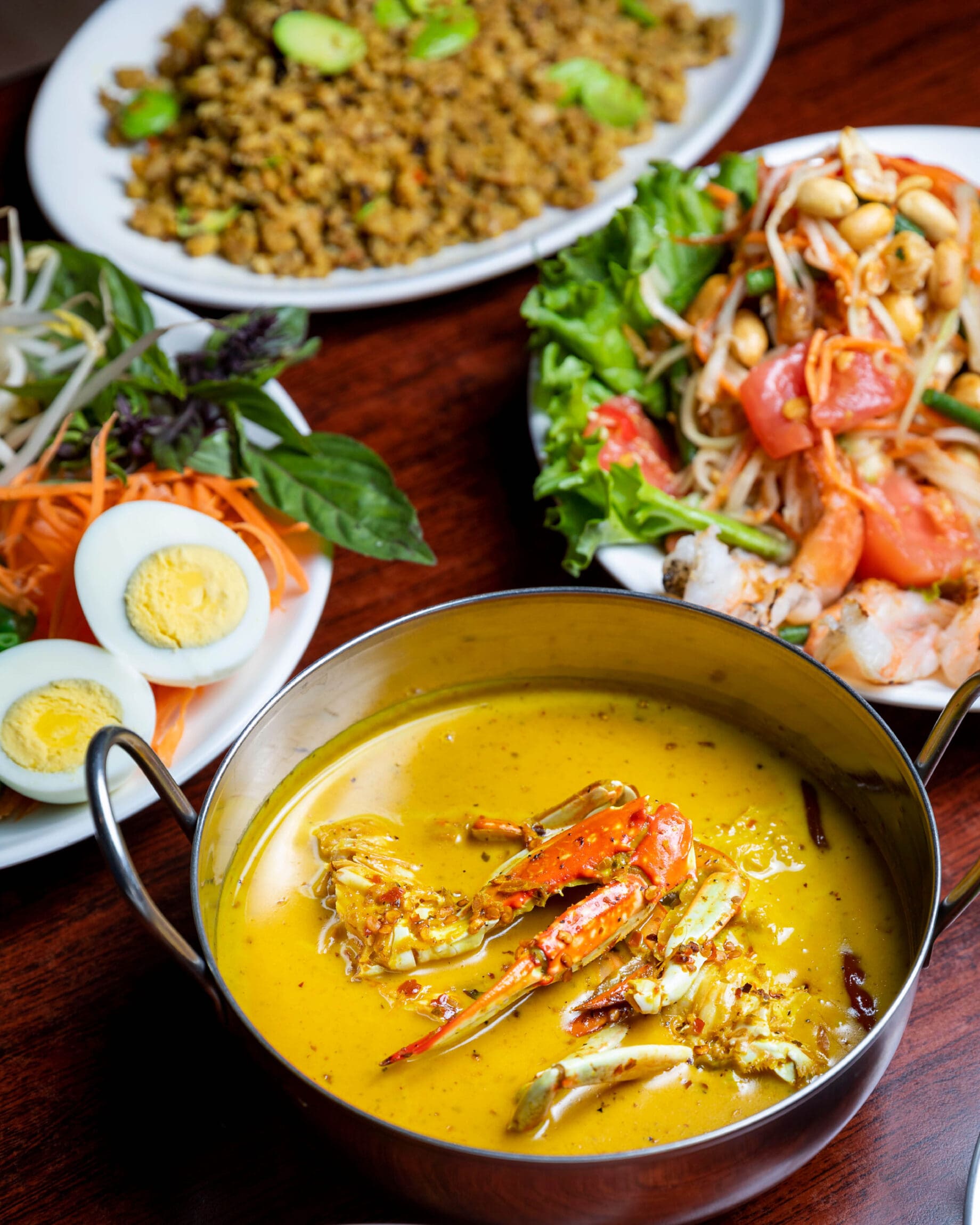
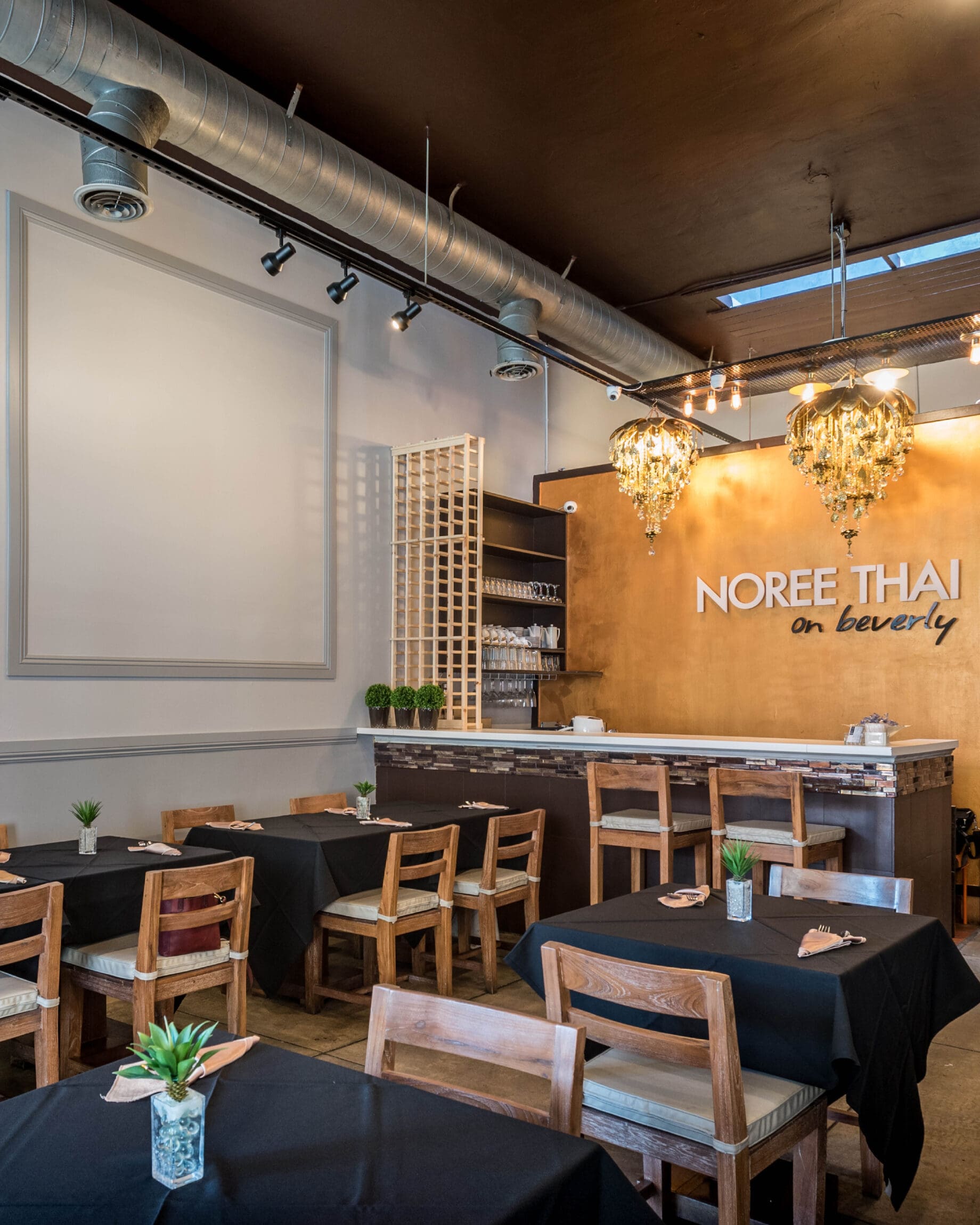
“We call LA the 77th province for Thai people; it’s so easy to buy Thai ingredients here"
Chefs Fern Kaewtathip and Noree Pla came to Los Angeles from Phuket in 2009. They decamped from Hoy-Ka Thai Noodle to open Luv2Eat in Hollywood in 2014, which was quickly followed by Noree Thai on Beverly Boulevard in 2018. Specialising in Southern Thai food, most of the recipes at Luv2Eat come from Pla’s family and are laden with bold flavours and lots of shrimp paste. Her signature dish is the crab curry, which has been passed down through generations: a turmeric and coconut-based dish livened with galangal, lemongrass and ginger. It is a comforting staple reflective of the spice and zest that Luv2Eat has become known for.
Kaewtathip trained at Le Cordon Bleu before interning at The Beverly Hills Hotel. Both she and Pla had grown up hearing about Los Angeles. “We call LA the 77th province for Thai people; it’s so easy to buy Thai ingredients here,” says Kaewtathip.
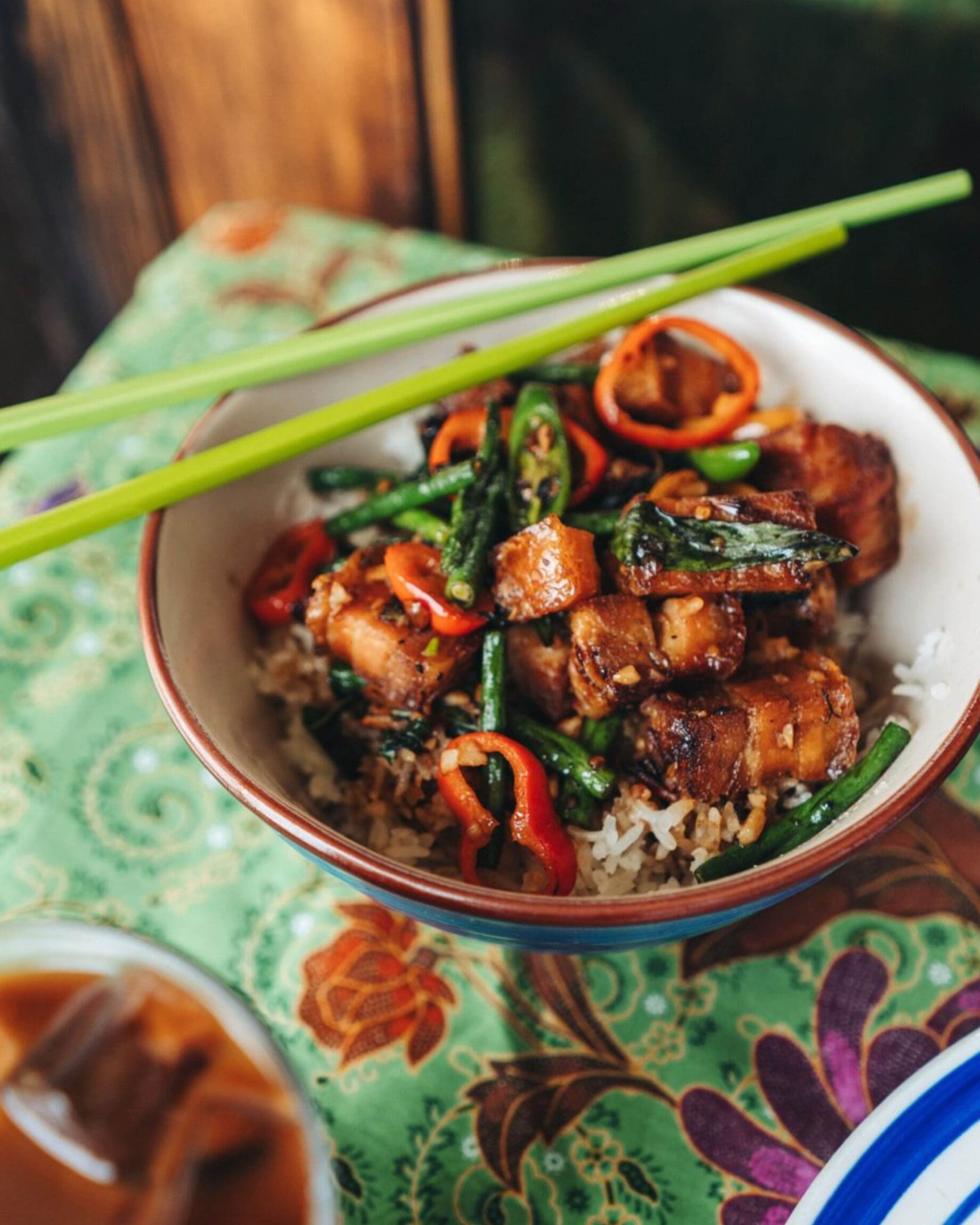
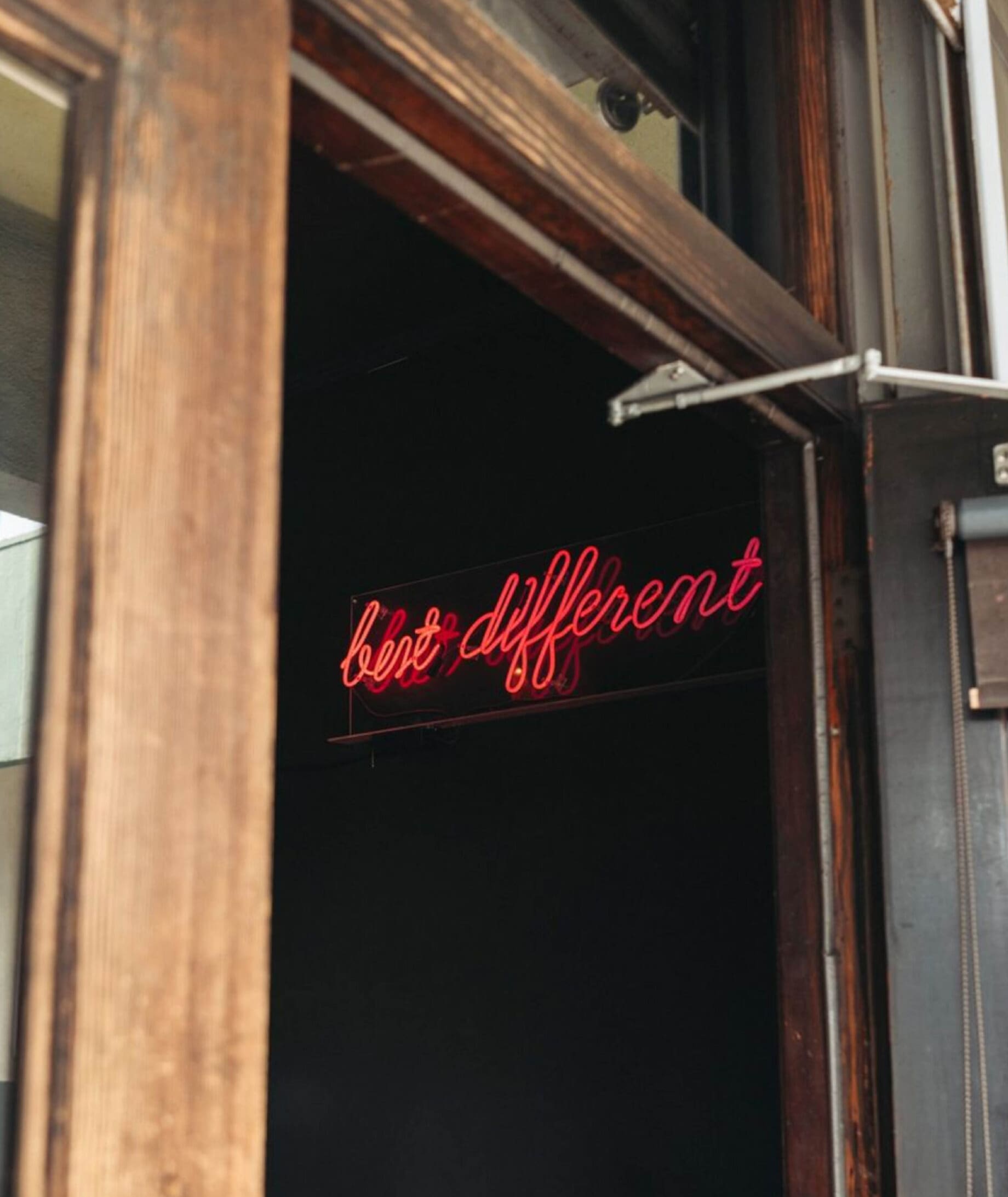
Amanda Maneesilasan and Katy Noochlaor also acknowledge how obtaining imported ingredients has become easier, compared with when their parents moved to LA in 1969 to open Chao Krung restaurant – now a mainstay of LA’s Thai dining scene. Access to tamarind paste, palm sugar, fresh galangal, various brands of coconut milk and Thai herbs has allowed them to transport the flavour profiles from their motherland to the States more accurately. Still, there is a limit to how much can be exported. “When we make home-cooked meals in Thailand, we probably use around 80 to 90 more ingredients than when we cook in the US, because we grow so many ingredients in our backyard,” says Maneesilasan. “In the US, there’s too little of each ingredient for us to make that in the restaurant.”
In 1999, Noochlaor launched Tuk Tuk Thai when she was 26 years old. Maneesilasan joined to lead the cooking, and together they established their own second-generation identity, combining Thai street food with unique dishes from their families’ recipes. In 2022, they moved Tuk Tuk Thai from Kosher Corridor to Little Osaka on Sawtelle and revamped the menu to focus on Thai street food in a casual but lively setting. Reliable renditions of classic noodle and rice dishes are available, but the sisters’ creativity shines through in their crispy Hainanese fried rice, luscious shrimp and scallop dumplings in green curry sauce, and flaky Thai curry puffs.
Noochlaor is also behind Same Same in Silver Lake, a hybrid Thai restaurant and wine bar known for its aerated, shoulder-to-waist Txakolina pours and vibrant, classic Thai dishes.
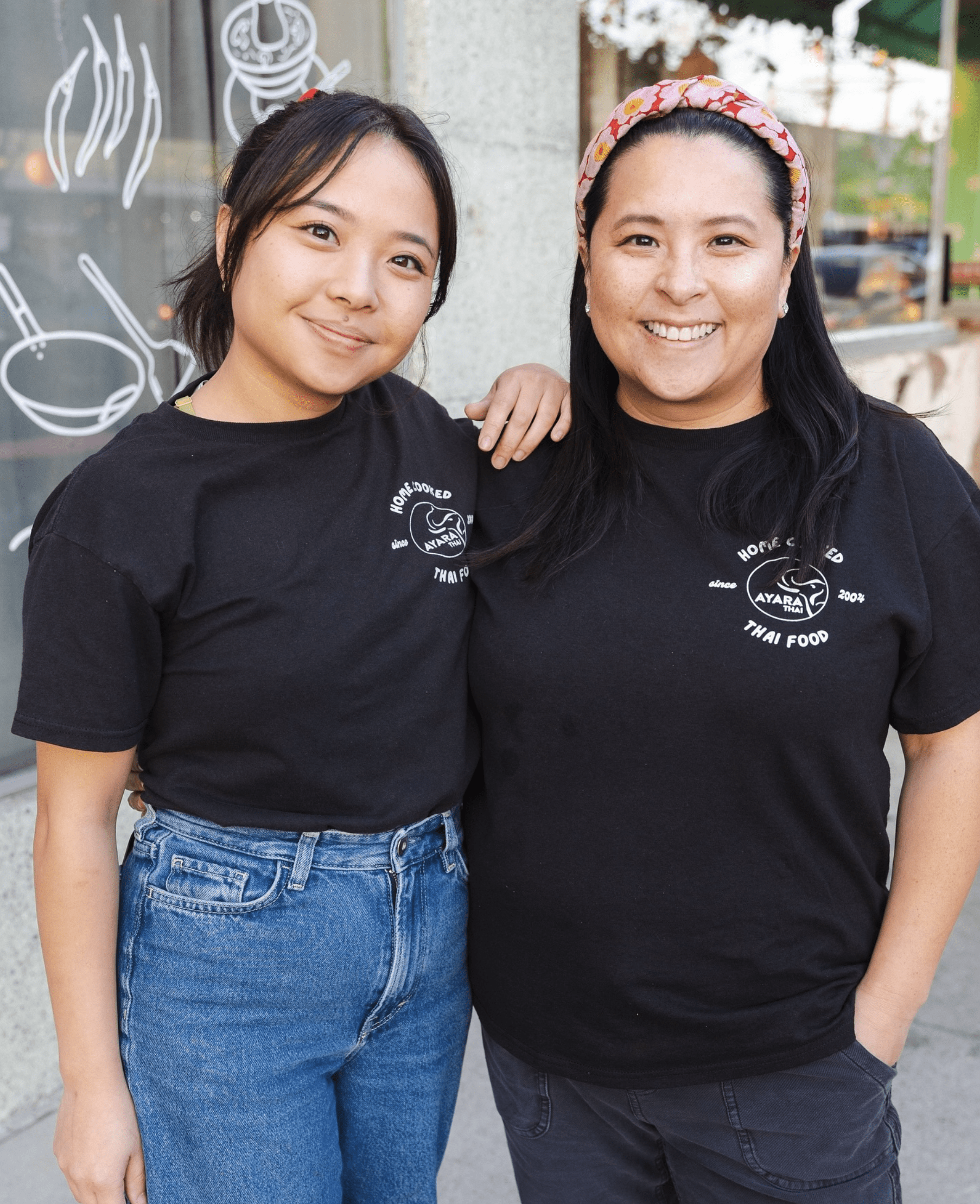
"We express our perspective of growing up as Thai American Angelenos"
Another Thai restaurant steeped in family tradition is Ayara Thai, run by dynamic sister duo Vanda and Cathy Asapahu, along with their mother Anna, who first immigrated to Los Angeles in 1984. The family’s restaurants began in East LA and Montebello before they set up shop in Westchester near LAX Airport, following a catering contract with Thai Airways. Their restaurant Ayara Thai was born in 2004.
“Cathy and I express our perspective of growing up as Thai American Angelenos,” says Vanda. “I lived in Thailand for five years and cooked with my extended family. I brought that learning and experience back and applied it to the menu at Ayara Thai.”
Cathy, for her part, brings pastry expertise to Ayara, having worked in Michelin-starred restaurants The Musket Room in New York and Providence in LA. Their mother Anna is still there every day from open until close. “She’s a very big force in the kitchen,” says Cathy. Everyone is involved in drawing up the menu. “We take a collaborative approach,” says Vanda. “We sit around our home kitchen counter testing dishes and sharing ideas. We decide on what will work, then scale up from there.”
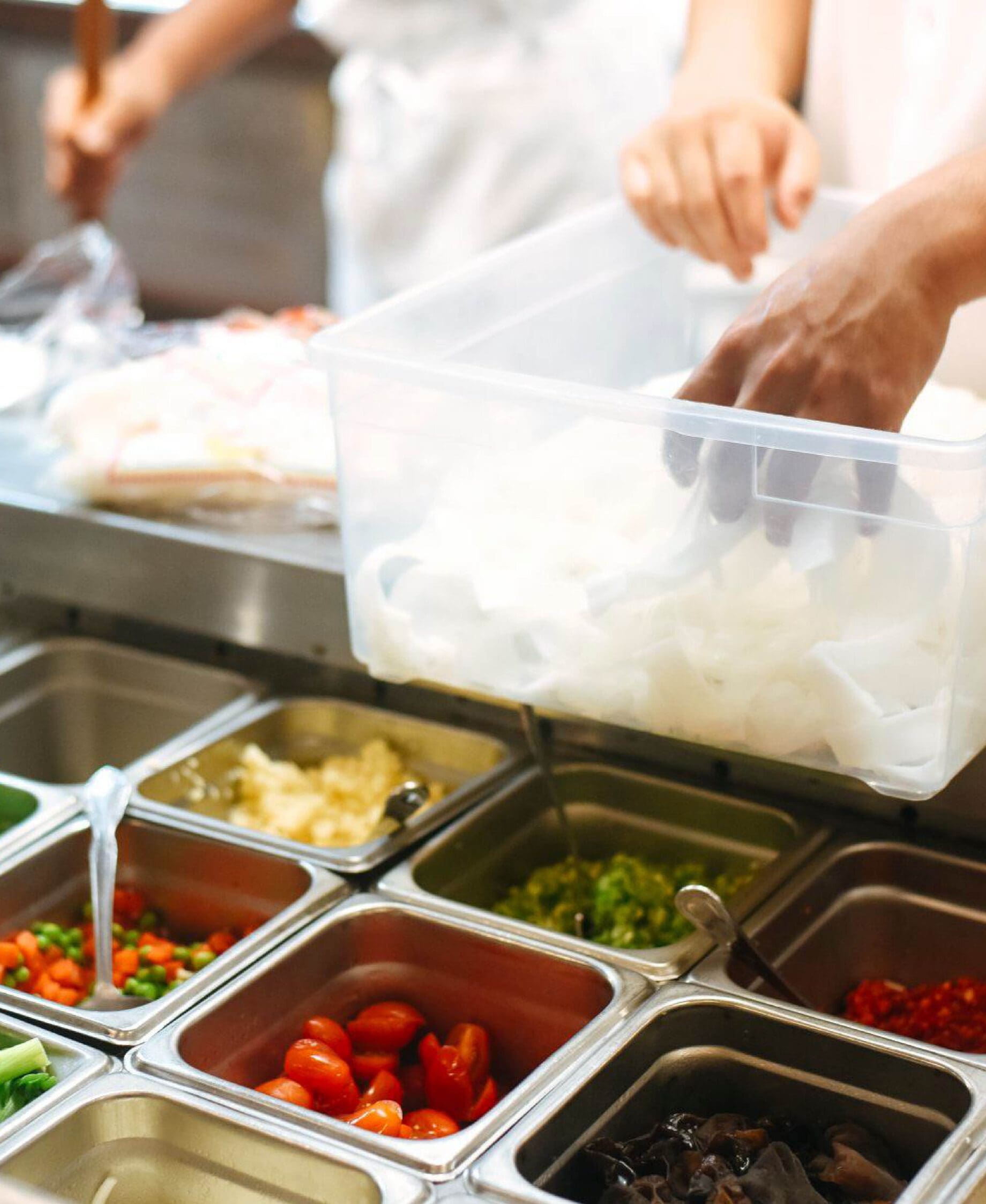
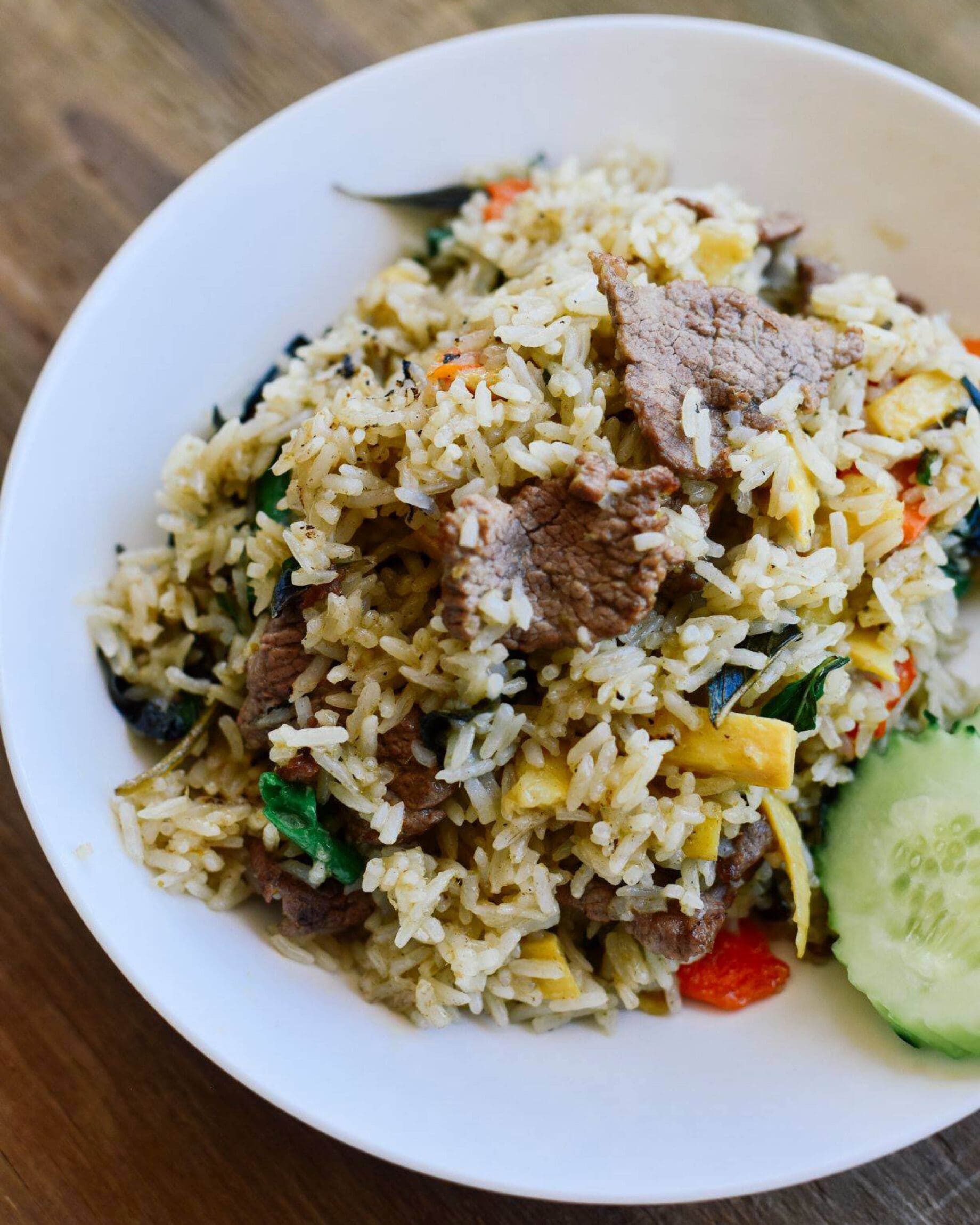
Another important ingredient to Ayara Thai’s success is its ability to source smartly and cost effectively. The family is able to buy bulk, shelf-stable quantities of fish sauce and rice, while fresh Thai produce and herbs come directly from partnerships with local Hmong farmers. Meanwhile, the bean-to-bar chocolate in Cathy’s renowned holiday bonbons, which feature flavours such as lemongrass and Thai tea, comes directly from a relationship with sustainable chocolate producer Kad Kokoa in Bangkok, Thailand, which pays particular attention to promoting biodiversity on Thai farmlands.
As Thai cuisine in Los Angeles continues to evolve and develop an identity all of its own, it can be easy to become hung up on notions of authenticity. All cuisines constantly change in the places where they were created, so it follows that they’re also evolving in areas where they’ve migrated. Much relies on what ingredients are available, and where they come from; what the diaspora can source – and what it can’t, leading to innovative, local alternatives. Thai food in LA is a living, breathing art, and the city itself is a source of inspiration. How family traditions are interwoven with the rest of LA’s rich, cultural fabric is a beautiful way to continue their culture’s legacy.
